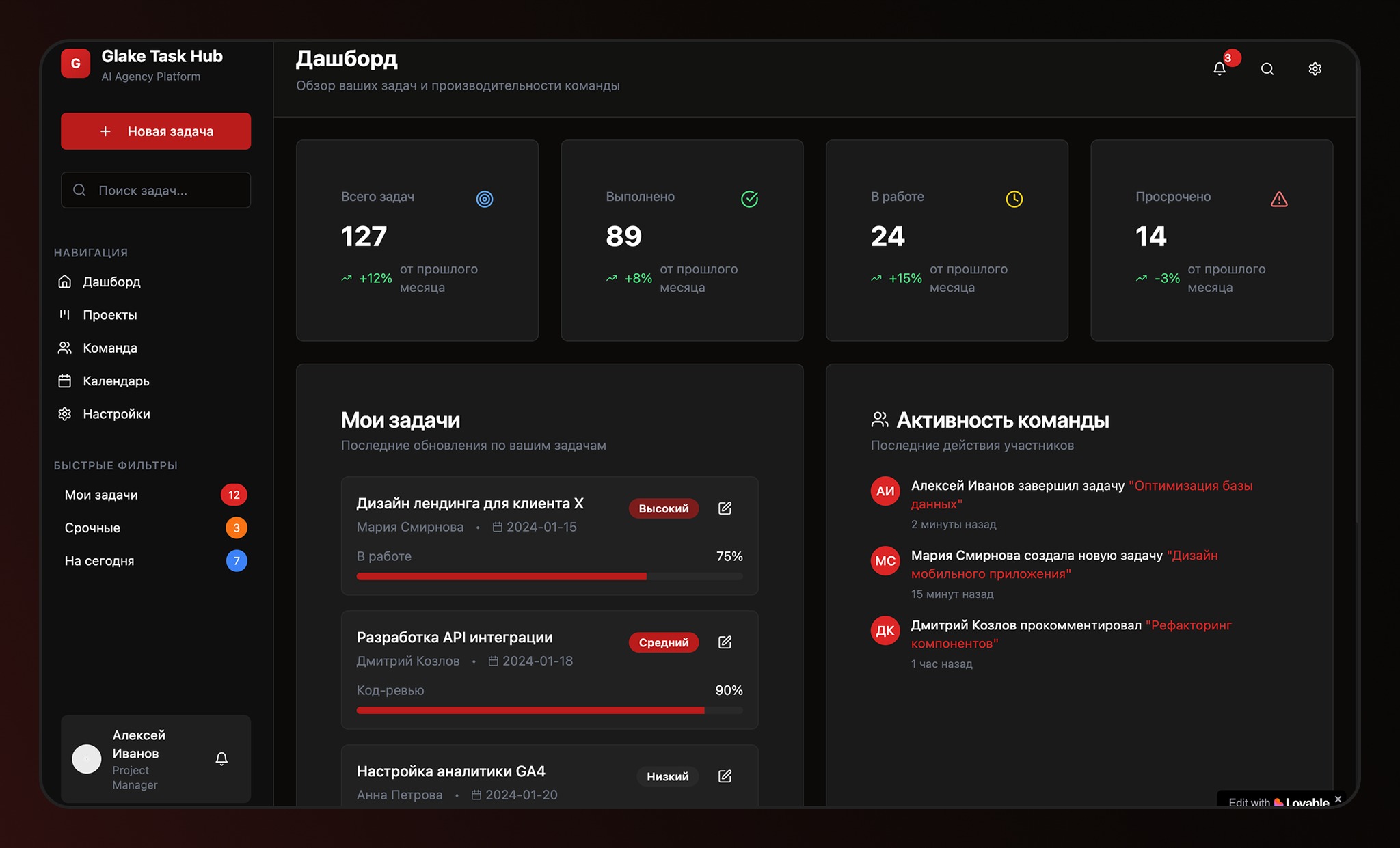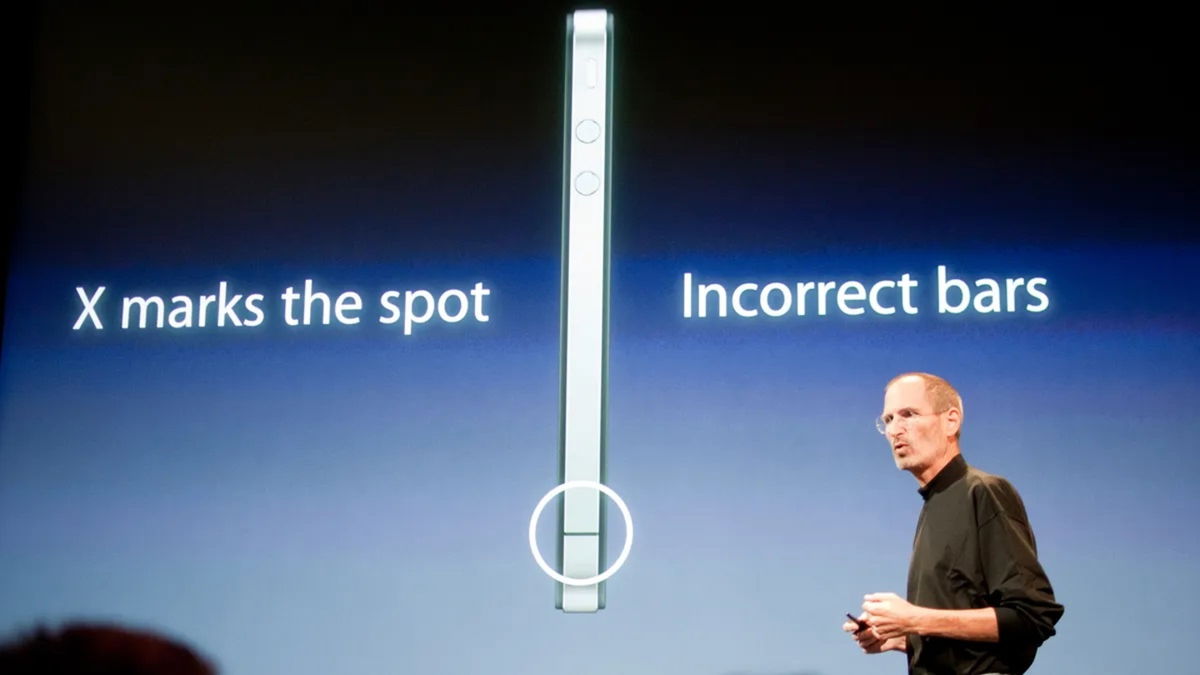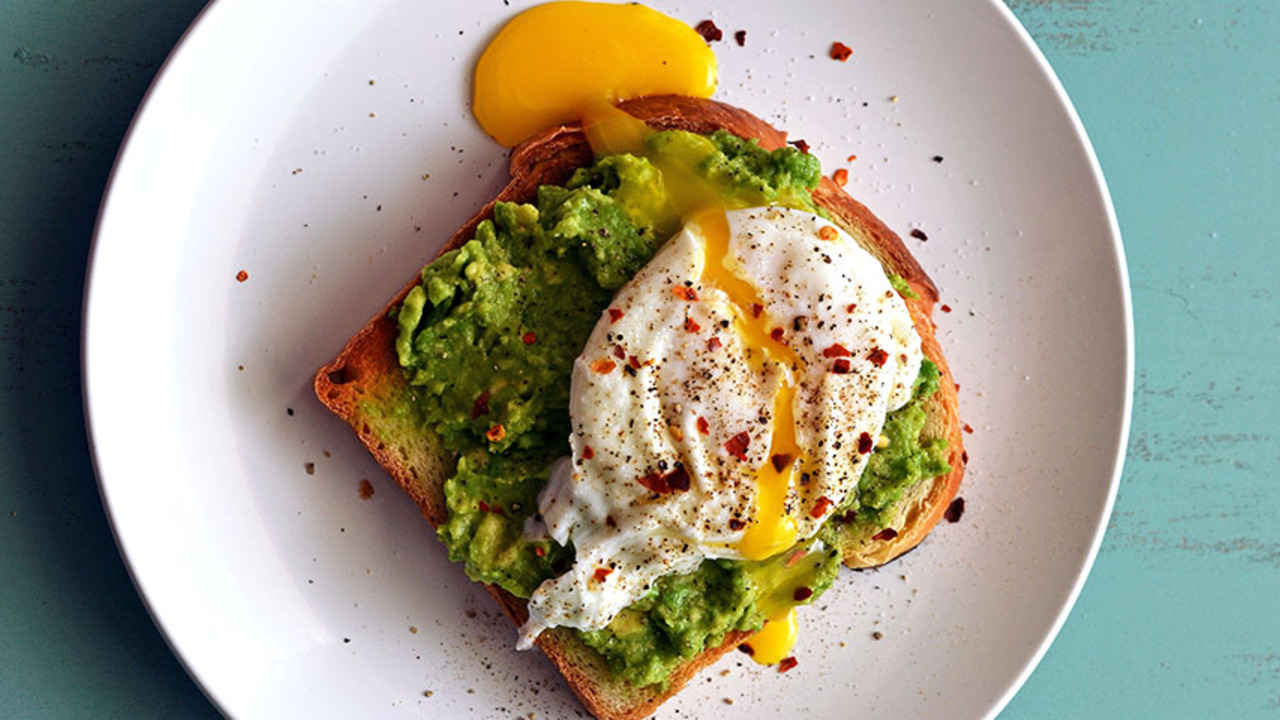Scientists from the Columbia Zuckerman Institute discovered that fat entering the intestine gives a special signal. After this signal enters the brain, it makes the person want to eat fatty foods. The experts came to this conclusion based on the analysis of the condition of the mice. The results of this study were published in Nature.
It turns out that the tongue tells our brain which particular taste we like. But the intestines are already responsible for the desire and need for this or that food.
During the study, the experts examined how the mice responded to various dietary fats. These included fatty acids and lipids. The rodents were given water bottles containing dissolved fat, as well as water bottles containing sugary substances. After a few days, the mice already clearly preferred the oily water, although they did not feel the taste of the oil.
The scientists also noticed that when fat was consumed in mice, neurons in the caudal nucleus of the solitary pathway (cNST) were activated. Neurons in the vagus nerve, which connects the gut to the brain, were also activated. In total, two sets of cells were found in the gut that send signals to the brain in response to fat.
News cannot be equated with a doctor’s prescription. Consult an expert before making a decision.
Source: Ferra











